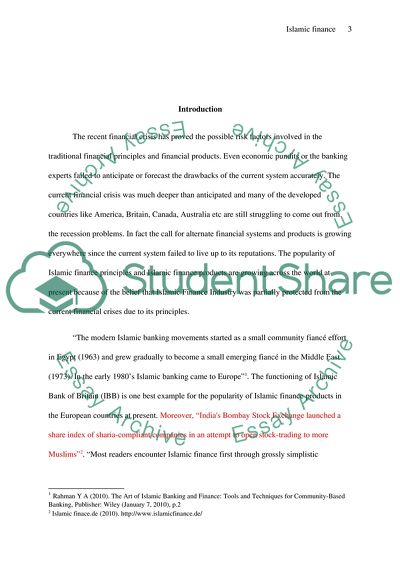Cite this document
(“Current Financial Crisis and the Relevance of Islamic Finance Assignment”, n.d.)
Current Financial Crisis and the Relevance of Islamic Finance Assignment. Retrieved from https://studentshare.org/macro-microeconomics/1747686-islamic-finance2
Current Financial Crisis and the Relevance of Islamic Finance Assignment. Retrieved from https://studentshare.org/macro-microeconomics/1747686-islamic-finance2
(Current Financial Crisis and the Relevance of Islamic Finance Assignment)
Current Financial Crisis and the Relevance of Islamic Finance Assignment. https://studentshare.org/macro-microeconomics/1747686-islamic-finance2.
Current Financial Crisis and the Relevance of Islamic Finance Assignment. https://studentshare.org/macro-microeconomics/1747686-islamic-finance2.
“Current Financial Crisis and the Relevance of Islamic Finance Assignment”, n.d. https://studentshare.org/macro-microeconomics/1747686-islamic-finance2.


